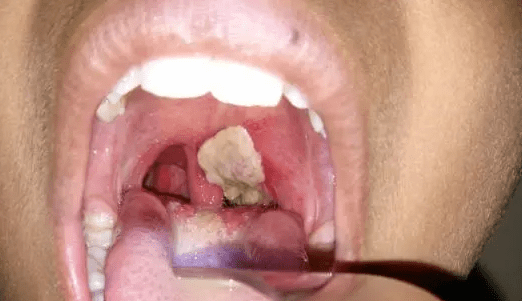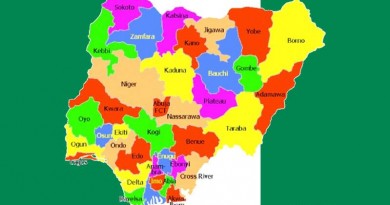Diphtheria outbreak in Nigeria as more than 7,200 cases and 453 deaths reported
According to Save the Children, a shocking 7,202 instances of Diphtheria outbreak in Nigeria, a highly contagious bacterial infection that can be fatal if not treated, were verified in Nigeria this week, with rates soaring in recent months and children seriously impacted.
Since the outbreak began in May 2022, 453 deaths have been confirmed, with the majority of cases occurring in the last three months. The vast majority of confirmed cases (6,185) were registered in Kano, Nigeria’s second most populous state, located in the country’s north.
Three out of every four confirmed cases, or 73.6% of all cases, are of children under the age of 14, with those aged 5 to 14 bearing the brunt of the disease.
Diphtheria is a vaccine-preventable disease that has been mostly eradicated throughout the world, while rare outbreaks occur in areas where significant populations of children have missed this usual vaccination, such as the disruptions in vaccinations produced by the COVID-19 pandemic.
However, even before the pandemic, Nigeria had one of the world’s lowest vaccination rates, with efforts to improve routine immunization coverage and cut under-five mortality having met with minimal success.
Only 42% of Nigerian children under the age of 15 are fully protected from diphtheria, and in the most recent outbreak, 80% of confirmed cases were unvaccinated people.
Save the Children is conducting a large-scale health response in Kano, Yobe, and Katsina states, in collaboration with local authorities. Save the Children’s Emergency Health Unit is deploying professional health and supply chain personnel to assist overburdened clinics in detecting and treating diphtheria cases, as well as assisting with mass vaccination programs in the hardest afflicted areas.
However, Save the Children warns that a mass vaccination campaign will only be successful if the vaccine shortfall is addressed immediately. Severe shortages of the requisite vaccination and antitoxin to treat the disease in Nigeria mean that the situation might worsen, putting many children at danger of severe illness and death, according to the child rights organization.
Interim Country Director for Nigeria for Save the Children, Faton Krasniqi, stated: “The entire humanitarian community is aware of the situation here.” We are cooperating closely and collaborating with the Nigerian Ministry of Health to ensure that everyone who requires treatment receives it and that the sickness is contained.
“Diphtheria can be fatal in more than 10% of cases, but this can rise in places such as overcrowded displacement camps or informal settlements in cities, where families have limited access to health services or where health facilities are overburdened.”
“The response to this outbreak requires an urgent injection of funding and a large supply of vaccines to ensure we can contain it, and to save children’s lives.”
Save the Children is urging donors to help the government’s, UN’s, and humanitarian agencies’ complete response to assist local health services in dealing with the inflow of diphtheria cases, obtain more vaccines, and begin a mass immunization drive.
Save the Children has been working in Nigeria since 2001, providing families with food, clean water, nutrition and protection services, sexual and reproductive health care, and education. Save the Children also offers technical assistance to the government on policy changes and reforms, particularly in important sectors such as health, education, and social protection.
The Emergency Health Unit of Save the Children will collaborate with local health workers to ensure they have the expertise and equipment needed to detect and treat diphtheria cases, as well as conduct contract tracing and community education to help minimize the disease’s spread. In addition, the unit is ready to assist with mass immunization programs as vaccine supplies become available.
The Emergency Health Unit has extensive expertise responding to and controlling disease outbreaks such as Ebola, cholera, COVID-19, and measles. In 2022, the team was in Nigeria reacting to a cholera outbreak.




